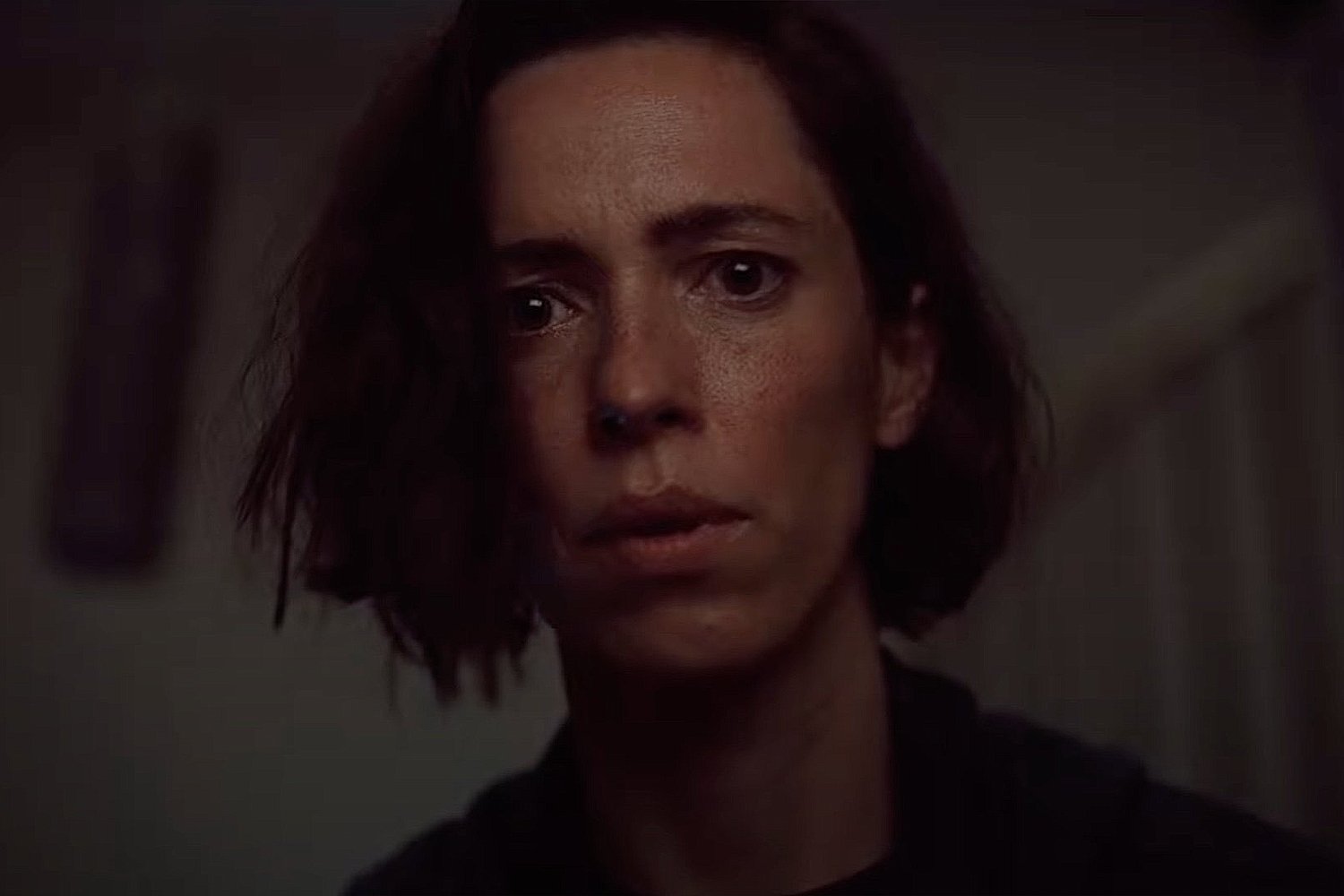Sundance 2022 Film Review: Resurrection
Rebecca Hall gives another searing performance in the wildest movie out of Sundance
Rebecca Hall continues her streak of blistering performances in Andrew Semans’ harrowing Sundance psychodrama. A tale about motherhood, hidden pasts, and the limits of control, Resurrection unspools a single mother’s crushing secret in a steely structure that belies its brazen, outrageous horror. Every Sundance has that one Midnight film that lays worms in your brain, and Resurrection is this year’s culprit: a bloody, twisted ride with shocking revelations. Minor spoilers ahead…
It’s likely bad form to invoke the sanctity of Andrzej Zulawski’s Possession as comparison, but Andrew Semans’ outrageous psychological thriller Resurrection - this Sundance Film Festival’s resident fucked-up mind-scrambler - traffics in the same shades of noxious bonds, unraveling psyches, and subversive depravity. A shocking, surrealist nightmare wrapped up in the cold familiarity of a mid-aughts psychodrama, Resurrection is a stealth assault backed by a searing performance from Rebecca Hall and a terrifying turn from Tim Roth.
Margaret (Rebecca Hall), a tightly-wound pharmaceutical executive and single mother, exercises a vice-gripped control upon her life. As she grapples with the prospect of being an empty-nester - her daughter Abbie (Grace Kaufman) is about to leave for college - Margaret likes to re-center herself like any well-adjusted individual is wont to do: by going on runs and by having sex with a married underling from work. When Abbie is hospitalized after a minor bicycle accident, Margaret’s already overprotective maternal instincts go into hyperdrive, further alienating her daughter with bouts of smothering attention. It’s hinted that a deep, mysterious trauma from her past amplifies her iron-willed need for jurisdiction, but it isn’t before long that Margaret’s paranoia turns flesh with the return of David (a sinister Tim Roth), a man who may or may not have been responsible for her furrowed psychological scars.
“Resurrection’s steely construction - which at first apes the stalker conventions of schlocky late-90s to mid-2000s thrillers - is deceptively apt. The movie is a vicious bear trap.”
Resurrection’s steely construction - which at first apes the stalker conventions of schlocky late-90s to mid-2000s thrillers - is deceptively apt. The movie is a vicious bear trap. Initially, Resurrection plays up its adherence to well-tread formula, with cinematographer Wyatt Garfield’s beautiful - but purposefully and unobtrusively sterile - compositions hiding its teeming nastiness, but soon after, its true colors reveal themselves for the wildest of rides. The first red flag to Resurrection’s sly phantasmagoria? The casting of Rebecca Hall, whose career has grabbed the woman-on-the-brink trope by the throat and turned it into a streak of powerhouse roles. From The Prestige to Christine to last year’s The Night House, Hall has become a steward of unshakeable performances, and her turn here is no different. Case in point: a near ten-minute monologue that pushes in on her shadow-framed face, quietly unraveling the most unbelievable, harrowing account of abuse and violence. By its end, you’ll be just as dumbfounded as the unsuspecting intern on the receiving end of Margaret’s tale: “Is this…a test?” And if that - and a well-placed, screeching apparition inside Margaret’s apartment oven - isn’t enough to convince you of the film’s underhandedness, then you have Tim Roth’s demented turn as David; a courteous facade hiding a gaslighter and manipulator of the highest order, all it takes is a split-second reveal of David’s gleeful, crooked grin to shake you to your core.
As Margaret’s mental state deteriorates and her past catches up with her, Resurrection begins to commit to its dark and ghoulish underbelly. It’s a tightrope act between gauche schlock and deranged art, but the film walks it with precise aplomb: Hall in particular is just too raw and honest in her emotional commitment to let the narrative land with anything but anguished blows. Resurrection is an explosive Zulawski pastiche with fevered freakouts just a hop, a skip, and a jump from Isabelle Adjani: a seemingly cold genre exercise that ambushes you with a swirl of delirium and a blast of demented ambiguity that is more likely to leave you slack-jawed on the floor than scratching your head.



